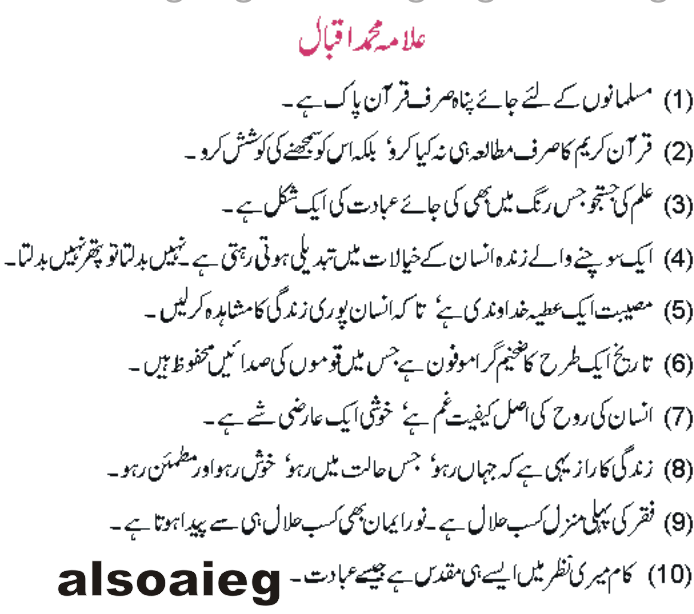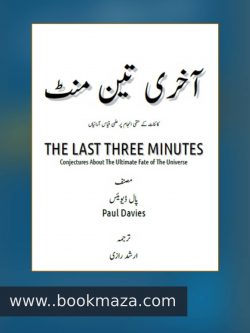

The Nation ( Lahore ) has, however Published several articles on Pakistani literature in English and the Muslim and the Frontier post publish short stories. Earlier, the University of Karachi used to publish Venture which published some excellent articles on Pakistani Quarterly, the weekend magazines of the English Dailies and institutional magazines too have been publishing short stories and poems but very little criticism. However, recently the University of Peshawar in its journal entitled The journal of the English Literary Club has been publishing the works of Pakistani writers and even critical articles and reviews of these works. However, as a critic even Hashmi is impressionistic rather than analytical and Pakistani criticism still at a very unsophisticated level.Īs yet no Pakistani university offers a course in either Pakistani or even in African, west Indian and Indian literature in English.
History of english literature in urdu pdf free#
Hashmi’s own book reviews, especially those which are published in foreign journals, are free of these faults.
History of english literature in urdu pdf full#
Book reviews are mostly indiscriminating and full of clichés and praise. What is worse is that it is also incomplete since many publications in English are obscure and it is almost impossible for anyone to keep track of all that is being printed in the country.

Unfortunately the note is hardly analytical nor is it meant to be. Then Maya Jamil and later Alamgir Hashmi started writing it. This bibliographical note was written by Syed Ali Ashraf in the beginning. Since 1965 the Journal of Commonwealth Literature has been publishing a brief note followed by a bibliography of Pakistani writing in English and other languages. Almost the only area in which work does exist is in bibliography. They have been avoided, or are at least less in evidence, in Pakistani literature but only because there is very little Pakistani criticism of this new literature in existence.

The state of criticism in Third Worlds literature in English in general and that of Indian literature in particular has been dealt with at such length to point out that the nationalistic pitfall in particular and non-literary criteria in general must be avoided in the criticism of any literature. The first issue, which rises in this connection, is whether these new literatures are indeed so different from English literature as understood traditionally, as to call for different criteria of evaluation: Now, in a reversal of this pattern, the Europeans tend to be patronizing and the Third World critics chauvinistic and ethnocentric. It was colonialism, which created cultural arrogance among European critics and a corresponding sense of inferiority among the colonized. The critical debate in the new literatures in English is, in the last analysis, connected with colonialism. The problem of evolution has assumed political rather than aesthetic forms in Third World literatures to a degree quite unprecedented in modern English literatures. Ghose’s acerbity of tone and the assertion that literature must not be given critical attention for non-literary reasons is of course justified this has been done too often as we shall see in the following survey of trends in the criticism of Third World literature in English.


 0 kommentar(er)
0 kommentar(er)
